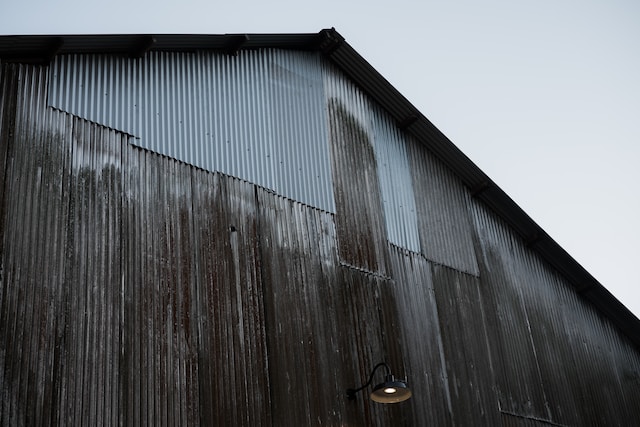Metal stands out as a unique and versatile choice when it comes to construction materials. Whether it is used in the construction of skyscrapers, bridges, or industrial structures, metal offers a range of properties that make it highly desirable.
Exceptional strength
One of the primary reasons metal is favored in construction is its exceptional strength. Metals such as steel, iron, and aluminum exhibit high tensile strength, enabling them to withstand heavy loads and provide structural stability.
This strength allows for the construction of tall buildings and expansive bridges that can support immense weight and resist external forces such as wind and earthquakes. Metal’s strength also ensures durability, reducing the need for frequent repairs or replacements.
Malleability
Another remarkable characteristic of metal is its malleability. Metals can be shaped, molded, and formed into various complex structures. This malleability gives architects and engineers the freedom to create innovative and intricate designs.
Metal components can be fabricated off-site, allowing for efficient construction processes and reducing on-site labor. The ability to shape metal to meet specific requirements contributes to its widespread use in modern construction projects.
Resistant to fire
Additionally, metal exhibits excellent fire resistance compared to other materials. Metals have high melting points, meaning they do not burn or release toxic gasses when exposed to fire.
This fire resistance provides crucial safety benefits, especially in commercial and residential buildings, where fire protection is of utmost importance. By using metal as a construction material, the risk of fire-related accidents and the spread of flames can be minimized.
Corrosion-resistant
Metal’s durability and resistance to corrosion are also noteworthy. Many metals, including stainless steel and aluminum, have inherent corrosion-resistant properties.
This resistance protects the structural integrity of buildings and prevents premature deterioration due to environmental factors such as moisture, humidity, and chemicals. Metal’s durability ensures that structures remain strong and stable over extended periods, reducing maintenance costs and increasing their lifespan.
Environment-friendly
Metal is an environmentally friendly choice for construction. Metals are highly recyclable, allowing for sustainable construction practices. Recycling metal reduces the need for mining and extraction of raw materials, conserves energy, and minimizes waste. Furthermore, metal’s longevity and durability contribute to sustainable development by reducing the frequency of reconstruction or demolition, which generates significant waste.
Conclusion
In conclusion, metal possesses a unique set of properties that make it an exceptional construction material. Its strength, malleability, fire resistance, durability, and environmental sustainability make it a preferred choice in the industry.
As technology and innovation continue to advance, metal will undoubtedly continue to play a crucial role in shaping the modern construction landscape.

